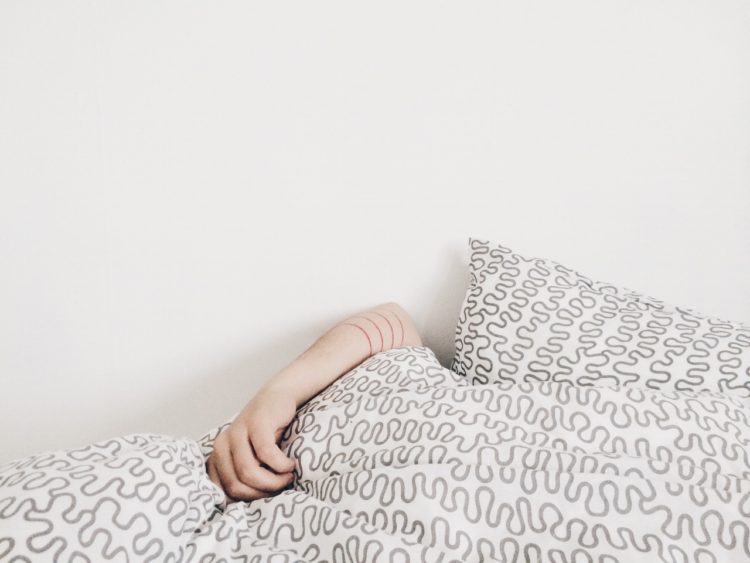Sleep, like diet and regular physical activity, is an important key to your health. Poor sleep can impede performance on the job or at school, slow reaction time while driving, and increase risk for chronic conditions like heart disease.
If you have trouble falling asleep or staying asleep throughout the night, you may have insomnia. Consider implementing these tips to improve your night’s sleep.
- Set a sleep schedule. Regulating your body’s clock by setting and sticking to a specific bedtime and wakeup time can improve your quality of sleep. This is definitely easier on weekdays when we have to get up for work, but even resist the urge to sleep in on the weekends.
- Avoid naps. If you’re having trouble falling asleep at night, afternoon cat naps might need be on your no-no list.
- Exercise. Regular exercise can improve the quality of sleep and extend its duration but if you work out too close to bedtime, the stimulant effect will make it harder to settle into sleep.
- Set the mood. Creating a peaceful environment in your bedroom will improve the quality of your sleep. Temperature, lighting, and noise all play a part in sleep. Sleep experts say that cooler rooms are most conducive for sleep. Light can act as a wakeup signal for your brain so consider using low-wattage lamps in your room and curtains to block early morning sun. Noise pollution may be playing a role in your sleep disturbance. Sounds from a train or traffic outside your window can rudely interrupt shut eye time. Consider using a fan, white noise machine, or an air purifier to mask external noises with a background hum. Earplugs are another alternative.
- Go screen free. Stimulated mental activity and light exposure both promote wakefulness. Electronics like smartphones, tablets, TV, and laptops all provide both of these sleep damaging factors. Avoiding electronics in the last hour before bedtime will help you wind down and be prepared for sleep.
- Eat an early dinner. A late dinner or snack will activate your digestive system and keep you up. Too many fluids before bed could also overwhelm your bladder and disturb your sleep with frequent trips to the bathroom in the middle of the night.
If you or someone you love suffers with insomnia, fill out the form below or call us at 1-877-734-2588 to learn more and register for a prescreen.
Source: Sleep Foundation
[gravityform id=”3″ title=”true” description=”true”]


